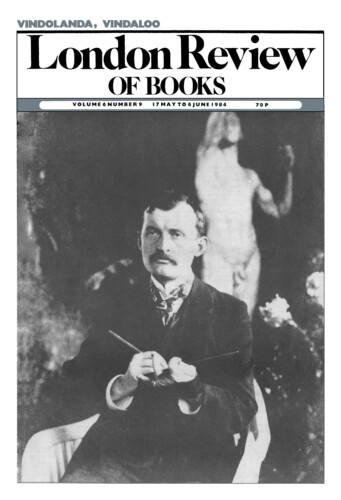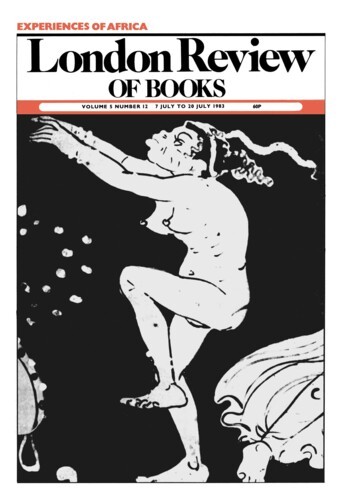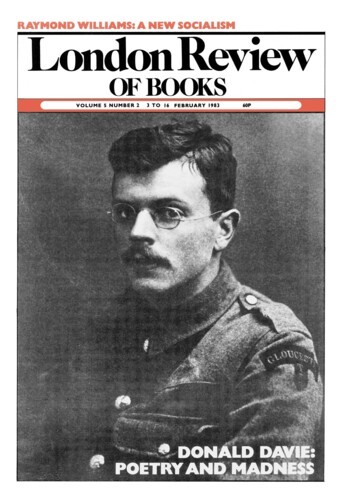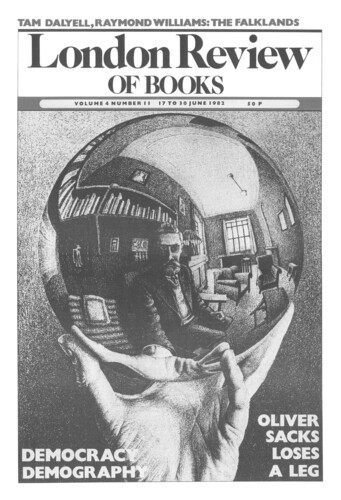A Man without Frustration
Raymond Williams, 17 May 1984
It is still very difficult, in the English-speaking world, to focus the work of Lukacs. Any full understanding of it depends on a familiarity with classical German philosophy and with the intellectual development of Marxism which is still relatively uncommon in our language. The intricacy of the current international discussion of various phases of his thought contrasts very sharply with the few relatively general impressions which most of us have been able to register, even through careful study of those more readily accessible works which are said to be his most significant. Three of these impressions can be recorded as a measure of our distance. First, that he is one of the more interesting and tolerable Marxist critics of literature, in the breadth of his learning and in his relative freedom from dogmatism. Second, that as an opponent of Brecht and of Modernism, and a defender of classical realism, he belongs to an old and fruitless kind of Marxism and can even be fairly taken as a cultural representative of its Stalinist phase. Third, that he is a major example of the ‘humanist fallacy’ in Western Marxism, in his reliance on notions of ‘man as subject’ and more directly in his kind of socialism, which is more properly a ‘romantic anti-capitalism’.





